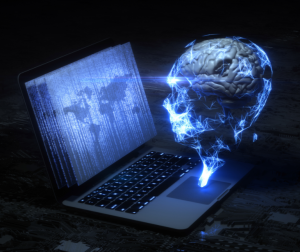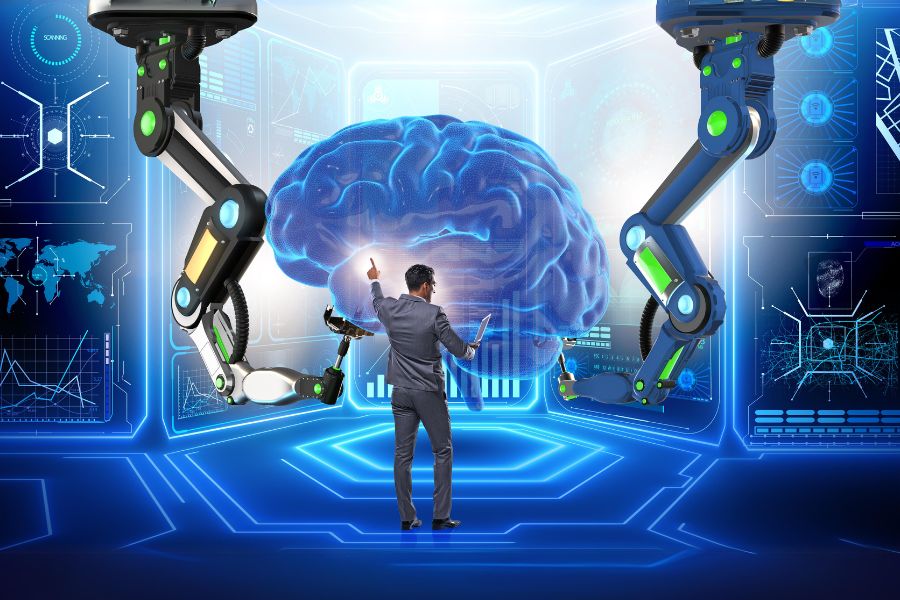Artificial Intelligence (AI) and Machine Learning (ML) have become ubiquitous terms in today’s technology landscape. These fields are driving innovation and changing the way we live and work. In this blog, we’ll dive into what AL/ML is, how it works, and the impact it has on our daily lives.
Artificial Intelligence (AI) is a broad field that focuses on creating machines that can perform tasks that typically require human intelligence. Machine Learning (ML), on the other hand, is a subset of AI that involves teaching machines how to learn from data, without being explicitly programmed.
To understand how ML works, let’s take the example of image recognition. Traditionally, a programmer would need to write code that tells the computer how to recognize an image. However, with ML, the computer is trained on a large dataset of images and learns to recognize patterns on its own. As more data is fed into the system, it becomes better at recognizing images.

There are many applications of AI and ML across various industries. For example, in healthcare, ML is being used to help diagnose diseases, predict outcomes, and develop new treatments. In finance, it is being used for fraud detection, risk assessment, and portfolio optimization. In retail, it is being used for personalized marketing and inventory management.
There are some benefits of AI/ML. Here are some of the most notable ones:
-
Automation:
AI/ML can automate repetitive and mundane tasks, freeing up human resources to focus on more creative and strategic work.
-
Efficiency:
AI/ML algorithms can analyze vast amounts of data quickly and accurately, leading to faster and more efficient decision-making.
-
Personalization:
AI/ML can be used to personalize experiences for individual users, from product recommendations to customer service interactions.
-
Predictive Analytics:
AI/ML can be used to make predictions about future trends, behaviors, and outcomes, allowing organizations to make better decisions based on data-driven insights.
-
Improved Customer Service:
AI/ML can be used to create virtual assistants and chatbots that can answer common questions, provide personalized recommendations, and resolve issues, improving the customer experience.
-
Increased Accuracy:
AI/ML algorithms can analyze data and make predictions with a high level of accuracy, reducing errors and improving outcomes.
-
Cost Savings:
AI/ML can reduce the need for human labor, leading to cost savings for organizations.
-
Innovation:
AI/ML can inspire new products, services, and business models, leading to innovation and competitive advantage.
Overall, AI/ML has the potential to transform virtually every aspect of our lives and businesses, making them more efficient, effective, and personalized.
One of the most significant impacts of AI and ML is on the job market. While these technologies can automate tasks and improve efficiency, they also have the potential to replace human jobs. It is crucial for individuals and organizations to adapt to these changes and develop new skills to remain relevant in the workforce.
Another challenge with AI and ML is the ethical concerns surrounding their use. For example, facial recognition technology has been criticized for its potential to infringe on people’s privacy and civil liberties. As these technologies become more prevalent, it is essential to ensure they are used in a way that is ethical and does not harm individuals or society as a whole.
In conclusion, AI and ML are transforming the way we live and work. They have the potential to automate tasks, improve efficiency, and make our lives easier. However, it is important to be aware of their potential impact on the job market and to ensure they are used ethically. As we continue to develop these technologies, it is crucial to strike a balance between innovation and responsibility.





